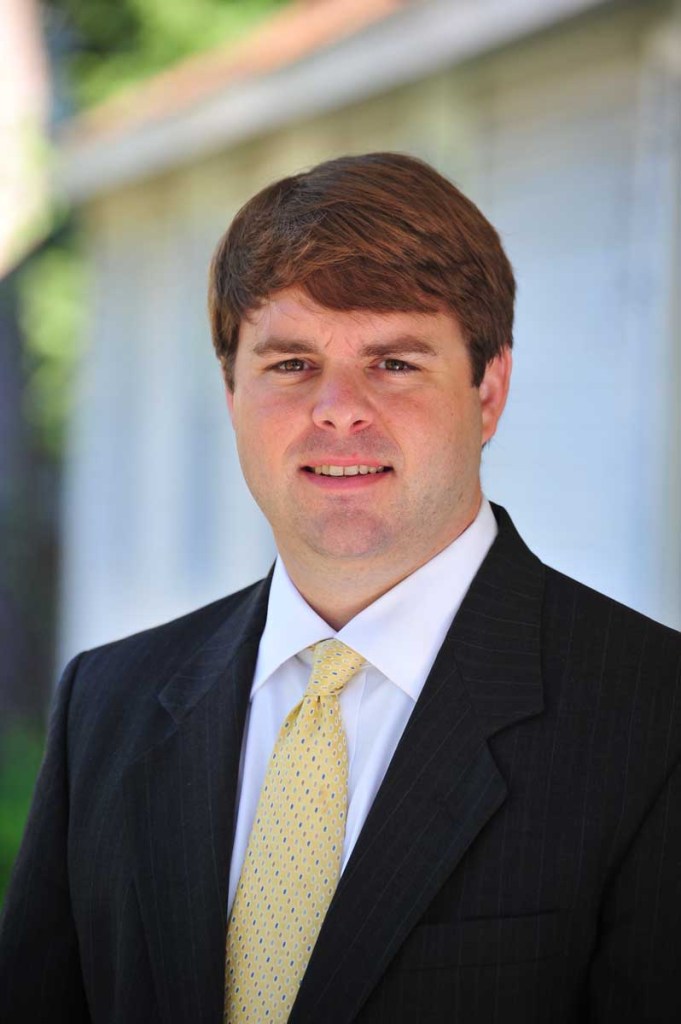Growing enrollment could help city schools plug budget hole
Published 2:19 pm Friday, July 27, 2018

- Thomasville City Schools Board Chairman Chris Rodd
THOMASVILLE, Ga. — Thomasville City Schools will start the 2018-19 year with a budget and a deficit.
School board members approved the fiscal year 2019 budget Friday morning, with hopes that a burgeoning enrollment will lead to more money from the state in a few months.
Trending
“We have been working on the budget for four months,” said board Chairman Chris Rodd. “We have to have a budget to operate. These kids go to school in a little more than a week. Our teachers go to work in three days.”
The general fund budget calls for $26.3 million in anticipated revenues, with $27.2 million in expected expenses. The state provides $14.1 million to the city school system.
But a mid-year adjustment from the state Department of Education, based on the system’s enrollment, could help plug the hole.
The city system is projecting a larger enrollment for this year, and Superintendent Dr. Laine Reichert said the numbers for sixth grade at MacIntyre Park Middle School are “huge.”
In years past, there had been exodus of students about to enter middle school grades. That apparently has subsided, Reichert said.
“Our kids aren’t leaving in droves from fifth to sixth (grades) like they have been in the past,” she said, “which is a positive.
Trending
“I think we are going to recoup some of those students who have been leaving us,” she said. “I think people are seeing their students can get an excellent education at MacIntyre Park, with caring teachers.”
Reichert said the system’s test scores are improving.
“When you see the final test scores, I think you’ll see those numbers came up tremendously,” she said.
Rodd said Harper and Scott elementary schools did very well.
“I see improvement along our entire school system,” he said.
Of the school system’s expenditures, about 65 percent are in instructional, which covers salaries and benefits for teachers and staff. Reichert and Rodd said there were no raises or performance bonuses.
“I’m not crazy about where we are with the budget,” said board member David Cone.
The system’s share of teacher retirements also went up, with the city schools paying $391,000 as part of the state increase. There also was a state-mandated increase in health insurance.
“That’s out of our control,” he said.
Cone also pointed out that the school system cut taxes in FY15 and FY18, and last year’s cut amounted to more than $316,000.
Rodd said comparisons between Thomasville system and other similarly-sized systems showed the city’s budget is in line with those other systems.
“In some areas, we’re more efficient,” he said.
Reichert, responding to a resident’s concerns, said she is opposed to increasing the class sizes at Harper Elementary because 25 percent of its population is classified as special education.
“Those are the ones who are the most needy students, and those are the students who need the most intense interventions,” Reichert said.
Increasing those class sizes won’t serve those kids properly, Reichert said.
“Keeping those class sizes low, to me, is the most efficient use of our time,” she said.
Reichert also said a reduction in force is not recommended, since the schools are contractually bound to its teachers for the school year.
“With school about to start, it would be difficult to tell them they don’t have a job,” the superintendent said.
Board members, in approving the budget, also added an expense for an additional bus driver. The extra route will serve from 30 to 50 students, to be picked up at two central locations, at Thomasville High School.
“If we can find it in our money somewhere, I think that would be a good service for the community,” Cone said.
Parents of THS students got a survey at the end of the 2017-18 school year if they would take part if transportation was available and then how many routes would be needed.
That started when school officials discovered one student was walking two miles one way to attend THS.
“That’s what prompted the research,” Reichert said.
The city system does not receive any money for transportation from the state, Reichert pointed out.
Reichert said the system will continue to tighten its spending where it can and her goal is to have a balanced budget and build up the system’s reserves.
“It’s going to take two to three years to get there,” she said.
Editor Pat Donahue can be reached at (229) 226-2400 ext. 1806.





